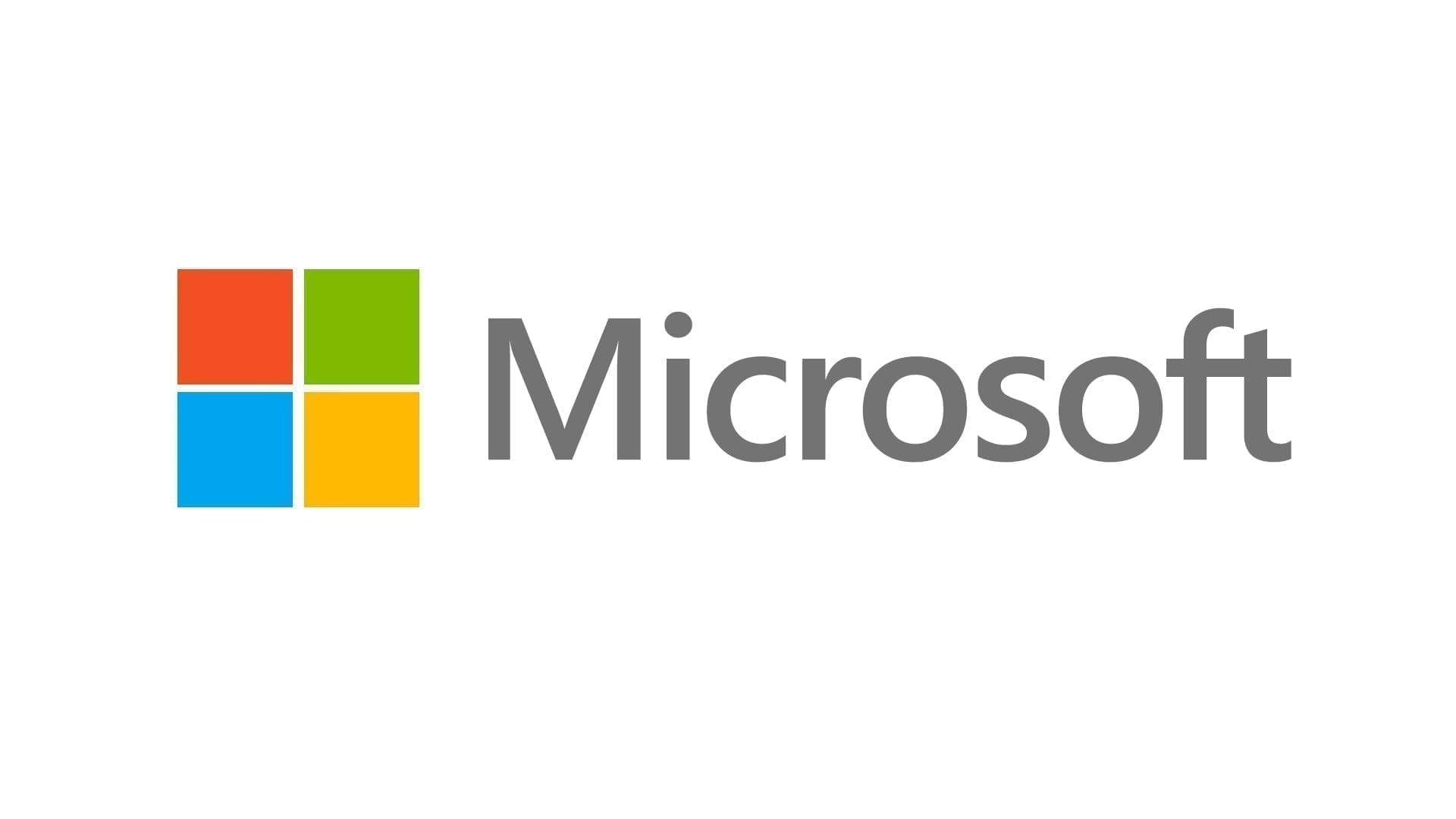In a blog post yesterday, written by Microsoft VP and Deputy General Counsel Rima Alaily, Microsoft announced they would be adopting ten principles derived from work developed by the Coalition for App Fairness and applying those principles to the Microsoft Store for Windows 10.
Of those ten principles, half of them are unsubtle repudiations of Apple’s behaviors and policies within the iOS App Store. They include:
- Developers will have the freedom to choose whether to distribute their apps for Windows through our app store. We will not block competing app stores on Windows (This is the first principle Microsoft articulates in their list, and it’s one of the bright line no-go issues for Apple).
- We will not block an app from Windows based on a developer’s choice of which payment system to use for processing purchases made in its app (Alternative payment processing options is what sparked the Apple v. Epic lawsuit, and this principle takes a swipe at Google in the bargain).
- We will not block an app from Windows based on a developer’s business model or how it delivers content and services, including whether content is installed on a device or streamed from the cloud (This goes to Apple’s somewhat inconsistent stance on streaming in general and game streaming in particular, since Apple has denied Project xCloud, Steam, and Google Stadia from having streaming functionality).
- Our app store will charge reasonable fees that reflect the competition we face from other app stores on Windows and will not force a developer to sell within its app anything it doesn’t want to sell (This takes aim at the 30% fee Apple and Google routinely charge, and which both seem absolutely adamant cannot be lowered for any reason).
- Our app store will hold our own apps to the same standards to which it holds competing apps (This goes back to the stance on streaming, as well as Apple’s stance on gaming since their own Apple Arcade wouldn’t be acceptable given the rejection of Stadia and Game Pass).
This may not help Epic in its court case, but it sounds as if Microsoft isn’t going to simply defend the status quo any longer.
Food For Thought
Lest you think this represents a complete break with how things are right now, the blog post does point out that these principles are intended for the Windows 10 environment, not the Xbox consoles. “Game consoles are specialized devices optimized for a particular use,” Alaily wrote. “Though well-loved by their fans, they are vastly outnumbered in the marketplace by PCs and phones. And the business model for game consoles is very different to the ecosystem around PCs or phones.”
